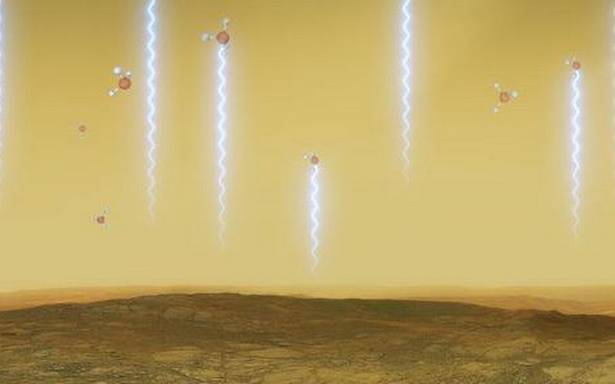Why is phosphine gas considered a biomarker of life? Have astronomers found definite signs of life?
The story so far: An international team of astronomers led by Jane S. Greaves of Cardiff University and University of Cambridge, U.K., has announced the discovery of traces of a molecule known as phosphine on Venus. This has caused great excitement because, given the chemical and geological composition of Venus, this can imply the existence of life forms that release this substance through bio-chemical pathways.
The researchers say in the paper, “[Phosphine] could originate from unknown photochemistry or geochemistry, or, by analogy with biological production of [phosphine] on Earth, from the presence of life.” The paper, published on September 14 in Nature Astronomy, is a careful exposition of the work done over many years. Professor Greaves first observed phosphine on Venus…














